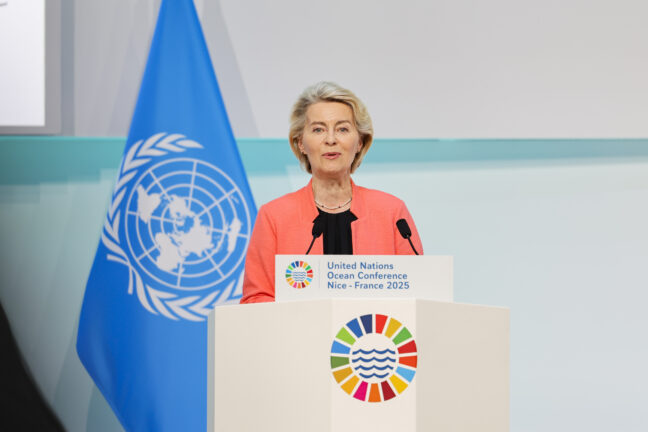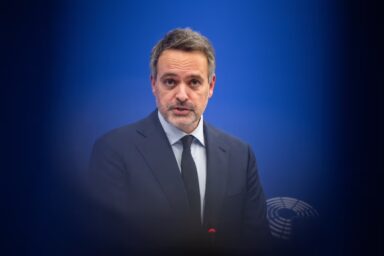In a significant test of leadership, European Commission President Ursula von der Leyen is facing a vote of no-confidence by the European Parliament. It is the first such challenge since 2014.
MEP Gheorghe Piperea (ECR/ROM) spearheaded the motion, reacting to controversies surrounding Ms von der Leyen‘s second term. These include her secretive texts with Pfizer CEO Albert Bourla amid the covid-19 vaccine rollout. Some of Mr Piperea’s initial allies got cold feet and withdrew their support, resulting in a reduction of potential votes for the motion to 74 MEPs.
Mr Piperea does not enjoy universal recognition as a political heavyweight. He has managed, however, to secure 79 signatures in the end. This allowed him comfortably to clear the bar of 72 votes necessary for the motion to pass.
‘Inefficient and disconnected’
The Conference of Presidents, which organizes the legislative agenda, confirmed the move under Rule 131 of parliamentary procedure. The debate is to take place on Monday 7 June; a vote is to follow on Thursday in Strasbourg. Roberta Metsola—President of the COP by virtue of being the President of the European Parliament—passed the information on to party leaders on Wednesday night.
“Just look around Europe — criticism of the Commission’s leadership is everywhere. With this topic making headlines across the continent, the conservatives from Romania and Poland now has (sic) the chance to lead on exposing an inefficient and disconnected Commission,“ Mr Piperea offered his invaluable insight in an X post.
You might be interested
Turbulent days
While the motion has brought political tensions to the forefront, it is largely symbolic; most parliamentary groups have indicated they do not support dethroning von der Leyen. The looming vote symbolically underscores dissatisfaction stemming from perceived alignment with right-wing factions amidst political controversies.
Just look around Europe — criticism of the Commission’s leadership is everywhere. – MEP Gheorghe Piperea
The prospect of passing the motion—and thereby forcing the resignation of the entire Commission—is slim. The move, howeer, highlights significant challenges within the Union’s political dynamics during von der Leyen’s turbulent early days of her second term.











